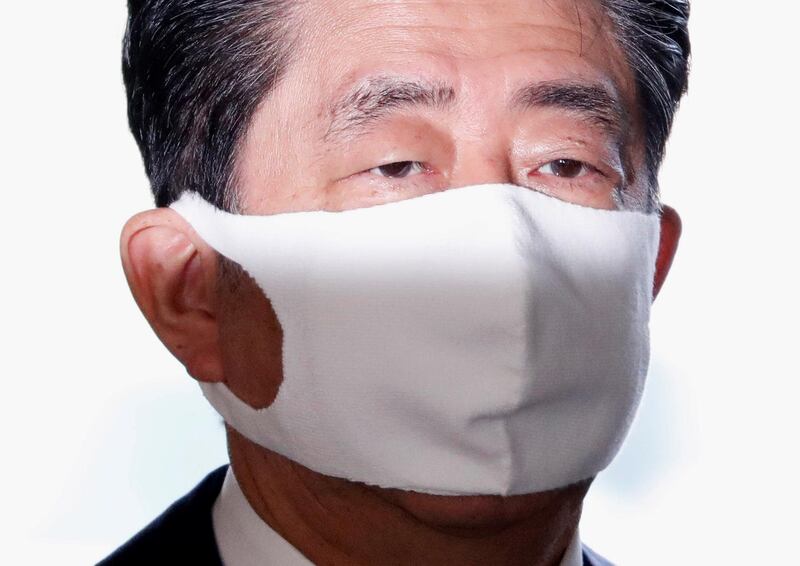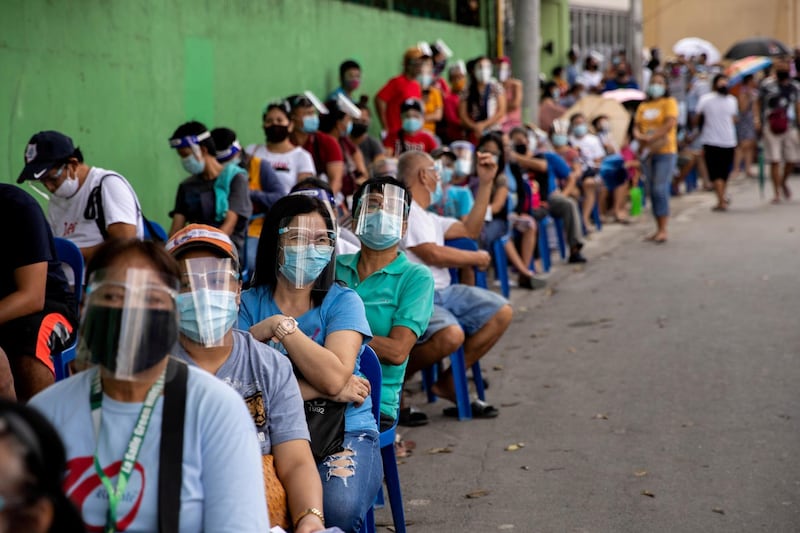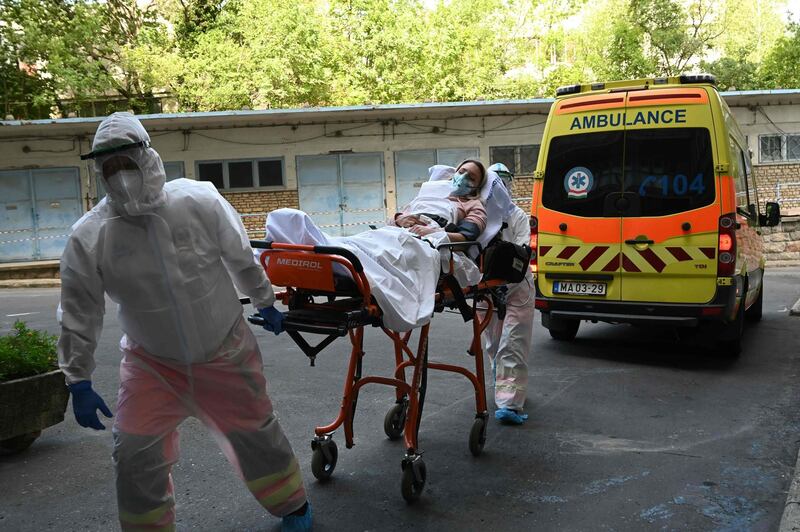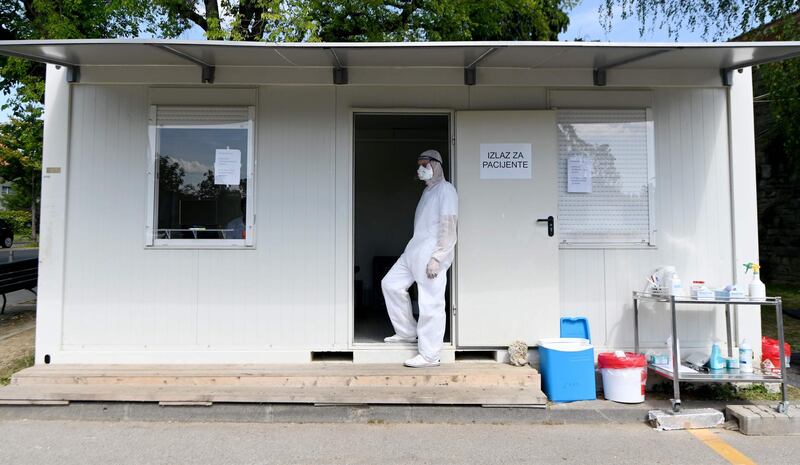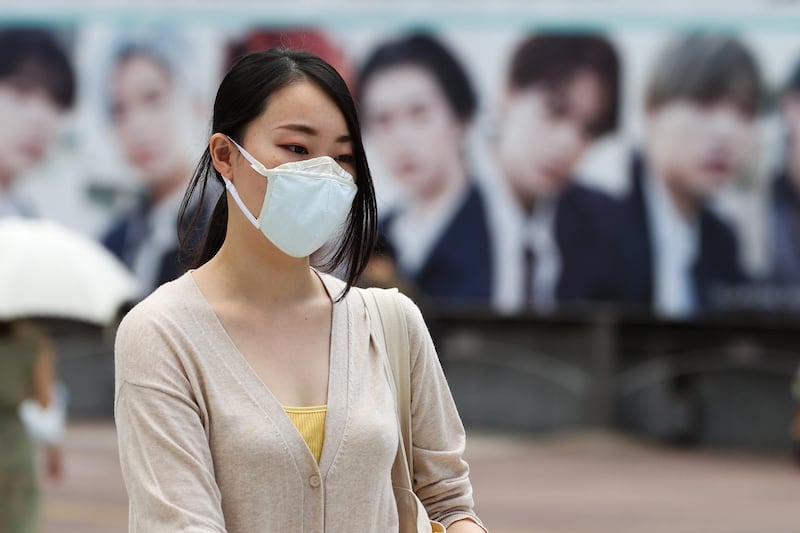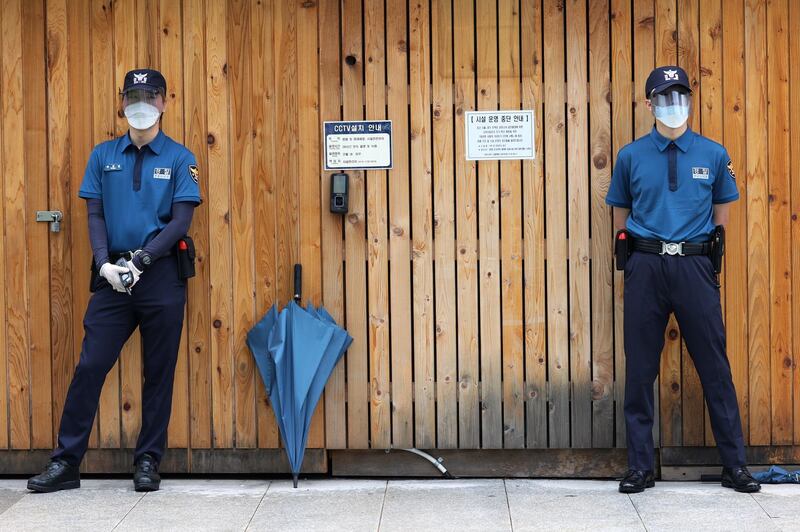Britain could experience more than 85,000 Covid-19-related deaths during a second wave over winter in a “reasonable worst-case scenario”, the government has predicted.
The potential for a high death count from Covid-19 was put forward by the government’s Scientific Advisory Group for Emergencies, or Sage, in a report late last month.
The leaked document, seen by BBC's Newsnight, put forward a "scenario, not a prediction" in which schools reopened but other lockdown restrictions are reimposed from November for several months.
The modelling suggested that in the seven months to March there would be Covid-19 81,000 deaths in England and Wales, 2,600 in Scotland and 1,900 in Northern Ireland.
The UK holds the record of the worst excess death rate in Europe, so the report is bound to have caused alarm in Whitehall.
It was compiled by scientists to give hospitals and local authorities the chance to prepare for a significant rise in cases and deaths over winter.
There are growing worries that Britain will be hit by the second coronavirus wave that has gripped parts of Europe, with France and Spain experiencing surges.
In the past week infections in Britain have risen by an average of 200 extra a day with more than 1,700 new cases recorded on Sunday, the highest total since June 4.
The rate is expected to rise further with people returning from summer holidays and children going back to school full-time in the coming week.
Despite infections rising, deaths in the UK have continued to decline in recent weeks, the latest ONS data shows.
The Sage report admitted that there was a significant degree of uncertainty in predicting the effect of the virus over winter.
The figure of 85,000 is also lower than a previous report that suggested 120,000 coronavirus deaths in the cold months.
The latest report predicts that up to 9 per cent of infected people will require hospital treatment and that one in five admitted patients will need intensive-care treatment.
The study was based on the expectation that efforts to trace and isolate sufferers and people they had been in contact with would be only 40 per cent effective.
A Cabinet Office spokesman defended the report.
“As a responsible government we have been planning and continue to prepare for a wide range of scenarios, including the reasonable worst-case scenario,” he said.
“Our planning is not a prediction of what will happen. It reflects a responsible government ensuring we are ready for all eventualities.”
Student bodies warn that universities could become centres for spreading infection, with people travelling back to studies in coming weeks.
“Universities could become the care homes of any second wave of Covid,” said Jo Grady, general secretary of the University and College Union.
“The very people who are increasingly getting infected are being encouraged to move around the country and congregate and live together. It doesn’t make sense.”
Government figures have warned that extensive local lockdowns could be used alongside nationwide restrictions if Britain were hit by a second wave.
They have suggested that a vaccine is unlikely to be available until next spring at the earliest.
The UK has the fifth-highest global death toll from Covid-19, with 41,501 fatalities and more than 335,000 infections.

